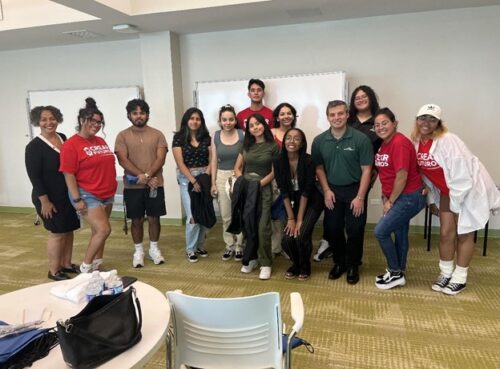Photo Credit: BBC
On November 7, Daniel Ortega of Nicaragua was re-elected for a fifth term as president in an election that was fraught with corruption, intimidation and fraud. President Ortega and his wife, Vice President Rosario Murrilo will now lead the Central American nation for another five years despite mass protests calling for Ortega’s resignation in 2018.
This past October, Ortega was condemned by Anthony Blinken, the US Secretary of State, for “preparing a sham election devoid of credibility, by silencing and arresting opponents, and . . . attempting to establish an authoritarian dynasty, ”according to the Wall Street Journal. Blinken’s comments came after a “wave of arrests” that saw political opponents, critics and journalists imprisoned.
Supporters of the Ortega regime may argue that Nicaragua’s recent elections are proof that Nicaragua is still a functioning democracy and is not on a path toward dictatorship. However, those claims ignore the fact that there was no real opposition in the Nov. 7 elections.
According to the Wall Street Journal, the five candidates who were on the ballot were all Ortega loyalists. They were simply on the ballot to give the appearance of a democratic election. All of the real opposition candidates have called for a boycott of the election from exile.
Ortega has also been criticized by Human Rights experts for his violent repression of protests. According to the BBC, Ortega oversaw a violent 2018 crackdown on protests after they took to the streets to demand the withdrawal of a pension reform bill and eventually, the resignation of Ortega.
Ortega did eventually withdraw the pension reform bill, but did not resign or show any signs of loosening his grip on power.
Ortega’s violent crackdown on student protestors saw scores of activists imprisoned or killed for speaking out against Ortega and his government’s policies, Al-Jazeera reported. The imprisonment and silencing of political opposition, critics and journalists in the leadup to any election, anywhere in the world is an unacceptable breach of democratic values and a violation of the Universal Declaration of Human Rights.
Ortega’s silencing and arbitrary detention of critics prove that he is committed to ruling by force and display his complete disregard for the Universal Declaration of Human Rights.
Ortega was first elected President in 1984, in the aftermath of the 1979 ouster of the US-backed Somoza Dictatorship by the Sandista’s. He was voted out of office in 1990 and after several unsuccessful bids was re-elected in 2007. He has served 3 consecutive terms since his 2007 victory and is currently tightening his grip on power.
The current political crisis in Nicaragua began in 2018 and has led to over 108,000 Nicarguans fleeing to neighboring countries, the United Nations High Commissioner for Refugees reported. A Nicaraguan news outlet, Confidencial, says that 718,000 Nicarguans had emigrated by mid-2020.
The international community should increase its assistance to Nicaraguan refugees and asylum-seekers. The United Nations High Commissioner for Refugees concluded, “pandemic-related restrictions have forced many Nicaraguan refugees and asylum-seekers to go hungry, eating only once a day or sometimes not at all.”
International leaders must come together and find ways to support the refugees and asylum-seekers of Nicaragua.







